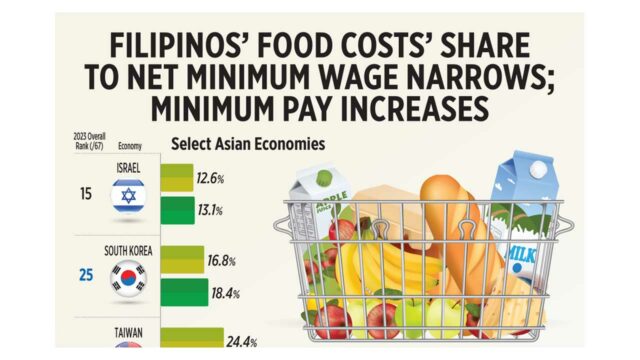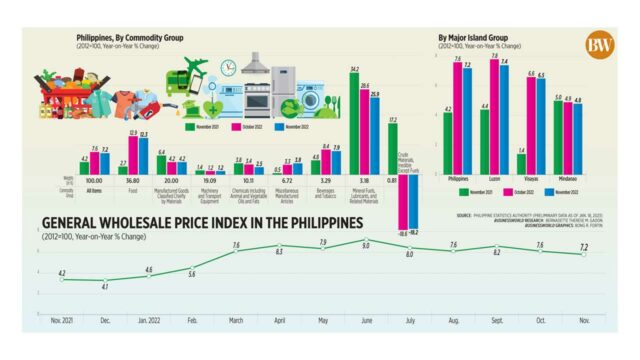When an office romance becomes disruptive
Two colleagues who were in a relationship for years have just broken up. Unfortunately, it has adversely affected the office and other workers. The woman has been belligerent on occasion, including to those who are her ex’s work friends. Last week, I personally witnessed the woman’s hostile behavior towards co-workers for no obvious reason. What can we do? — White Lady.
There are many questions that we should ask before we can come up with an appropriate answer. I am assuming both of the workers are single. I would also assume they’re not in some kind of a boss-subordinate relationship.
The next thing to do is to review your management policy on office romance. Depending much on the industry, I’ve seen and heard of many organizations prohibiting their employees from entering into romantic relationships, because they are disruptive by nature.
An office romance is also fodder for gossip. When it happens on a regular basis, it can cause low productivity as workers waste time gossiping, as if the relationship were a telenovela or a K-drama.
Another reason organizations prohibit office romance is due to the risk of favoritism in the case of subordinate-superior relationships. Even if the romantic partners are on equal footing, issues may crop up, including cover-ups when someone screws up.
Before you know it, the parties may not be able to control their libidos, to the extent where they may indulge themselves on company premises. If this happens, imagine how the gossips will go into overdrive.
POLICY REVIEW
There are some advantages to office romances between eligible partners. It could engender company loyalty and positive work relationships. By and large, however, the disadvantages of office romance greatly outweigh the perceived benefits.
Therefore, the best thing to do in managing the current situation is to review what the policy says. If your policy is silent, it may be time to issue an office memorandum expressly prohibiting dating and office romance under all circumstances.
There could be opposition to your new policy, but stand your ground. You can cite many reasons against office romance, especially if you belong to an educational institution where scandal could be damaging, with a negative impact on the students.
Even if you aren’t in that industry, you can argue that office romances are counter-productive to the workplace. The policy must have a prospective application. This means you need to manage a transition period if the new policy is to succeed. Consider the following options:
One, reassign one of the parties to an affiliate company. Sweeten the package by offering the worker a minimal salary increase without loss of seniority. That’s assuming that an affiliate company has a policy that prohibits office romance. You may hold the negative impact of the breakup over their heads for leverage.
Two, transfer one party to a branch far from the office. This is your next option if number one is not possible. Much better if the transfer results in a shorter commute for the worker involved. This allows everyone a respite so the parties can cool off.
Last, warn the two parties against further incidents. This is your next step if number one and two are not feasible. At any rate, they won’t have much choice because of the new policy that prevents them from resuming their relationship. While romance is sweeter the next time around, the new policy must make re-engaging unthinkable.
Don’t even consider termination. The Supreme Court has ruled that an office romance between two unmarried adults with no impediments to marry is not a criminal offense that warrants disciplinary action. This applies even if it results in an “intimate out-of-wedlock” relationship, the court ruled in GR 202621 (2016).
Keep your ear to the ground. Be proactive. The moment something crops up, remind the parties in separate confidential meetings that they are obliged to follow the policy prohibiting office romance. Explain the negative implications of office romance to all workers.
Remind everyone about it as soon as you see it happening — not just between single partners, but between bosses and subordinates.
Chat your workplace problems to Rey Elbo via Facebook, LinkedIn or Twitter or e-mail them to elbonomics@gmail.com or via https://reyelbo.com
















